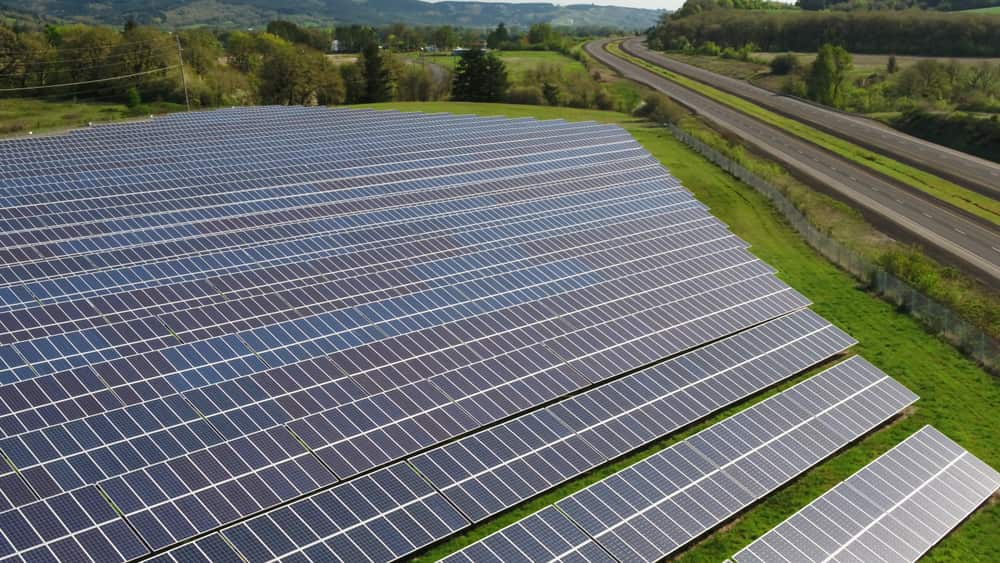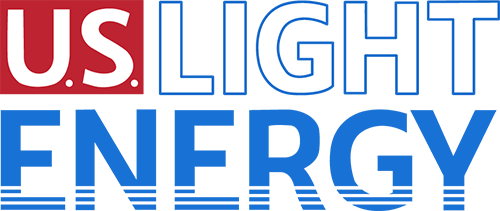
Massachusetts has positioned itself as a solar energy leader, creating a comprehensive framework of incentives that makes renewable energy accessible to everyone from individual homeowners to entire communities. The Commonwealth’s commitment to clean energy goes beyond environmental benefits, offering tangible financial advantages that help residents and businesses reduce their electricity costs while contributing to a more sustainable future. With multiple programs designed to accommodate different needs and circumstances, Massachusetts has removed many traditional barriers to solar adoption, making it possible for renters, homeowners, and businesses to participate in the solar revolution without the typical upfront investments or installation requirements.
What are Massachusetts Solar Incentives?
Massachusetts solar incentives are state and utility-sponsored programs designed to accelerate the adoption of solar energy throughout the Commonwealth. These incentives include direct financial assistance, tax credits, bill credit programs, and virtual net metering arrangements. The state has structured these programs to serve different population segments, ensuring that property owners and renters benefit from solar energy. Unlike traditional solar installations that require significant upfront investment and property ownership, many Massachusetts programs support community solar models, allowing participants to access solar benefits without installing panels on their property.
MA Solar Incentives
Solar Massachusetts Renewable Target (SMART) Program
The SMART Program is Massachusetts’ primary solar incentive framework, administered by the Department of Energy Resources (DOER) to support 3,200 MW of solar development statewide. This tariff-based program pays solar project owners—residential and commercial—fixed rates for every kilowatt-hour of electricity generated over 10-20 years, with utilities like Eversource, National Grid, and Unitil making direct payments following project approval. The program operates on a declining block structure, where incentive rates decrease as program capacity fills, encouraging early participation while maintaining long-term program viability.
For community solar projects, SMART incentives create the financial foundation that makes shared solar economically viable. Community solar developers receive SMART payments for energy production, which help subsidize the net metering credits passed to subscribers. This enables savings that make community solar attractive to participants while ensuring project profitability.
Massachusetts Solar For All Program
Massachusetts received $156 million from the federal Solar for All (SFA) program to expand solar access for low-income and disadvantaged communities across the Commonwealth. The Massachusetts Solar for All (MASFA) program offers multiple pathways for residents to access solar benefits, including single-family installations and affordable multifamily housing projects. However, the program’s most impactful component focuses on community shared solar projects that serve residents who cannot install rooftop solar systems. MASFA provides competitive grants to community solar developers based on their ability to maximize benefits to residents, including bill savings, the number of households served, and additional community impacts like resilience and workforce development. The program prioritizes alternative ownership models such as community, resident, or municipal ownership, ensuring that solar benefits remain within local communities while serving households earning up to 80% of the Area Median Income.
EmPower Massachusetts
EmPower Massachusetts supports solar development in Environmental Justice communities by investing in community-based organizations to develop clean energy access for previously underserved populations. The program offers two tiers of grant funding: capacity-building grants ranging from $5,000 to $50,000 help organizations build internal capabilities and explore innovative program models that provide clean energy access, while implementation grants of $50,000 to $150,000 support the actual deployment of community solar projects and clean energy initiatives.
Virtual Net Metering
Virtual Net Metering (VNM) is a solar incentive that allows community solar subscribers to benefit from net metering credits generated by solar farms. Thanks to the passage of the Green Communities Act in 2008, Massachusetts was one of the first states to offer community solar options. When a community solar project generates electricity, the value of that electricity is converted into bill credits based on the retail rate of electricity. These credits are then allocated among project subscribers and applied to their monthly electricity bills, reducing the total amount due. Subscribers typically pay the community solar project owner a discounted rate for these credits, often receiving 10% savings on their overall electricity costs while supporting clean energy development. This arrangement allows renters, homeowners with unsuitable roofs, and businesses to access solar benefits without installing equipment on their own property.
MA Solar Incentives – FAQ’s
Is it worth going solar in Massachusetts?
Absolutely! Community solar subscribers in Massachusetts can achieve guaranteed savings of 10% or more on their electricity bills while significantly reducing their dependence on fossil fuels that generate harmful greenhouse gas emissions. Solar participation also supports energy independence and security by reducing reliance on volatile fossil fuel markets and imported energy sources.
How much does it cost to install solar in Massachusetts?
Community solar participation requires no upfront costs whatsoever! Homeowners, renters, and businesses can join community solar projects without installing any equipment on their property or making initial financial commitments. Participants simply subscribe to receive credits from a community solar project and begin saving on their electricity bills immediately!
Is Massachusetts a good state for solar power?
Massachusetts is an exceptional state for solar power development. Currently ranked 12th in the nation for total installed solar capacity, the Commonwealth has demonstrated consistent growth in solar adoption across residential, commercial, and utility-scale sectors. Massachusetts generates 25.59% of its electricity with solar, and the state is projected to add 1,843 MW over the next five years.
Does Massachusetts offer a state tax credit for solar?
Massachusetts provides the Residential Renewable Energy Income Tax Credit for homeowners who install solar energy systems. This credit equals 15% of the net expenditure for renewable energy source property, including installation costs, with a maximum credit of $1,000.
Explore Massachusetts Solar Options with US Light Energy
U.S. Light Energy (USLE) brings over thirty years of renewable energy expertise to Massachusetts communities seeking to develop community solar projects. As a New York-based distributed generation energy development company, USLE specializes in creating community solar facilities that serve local residents and businesses while generating economic benefits for landowners and communities. Our comprehensive development services include site evaluation, permitting assistance, utility interconnection management, and ongoing project operations support.
USLE collaborates with landowners, utilities, and community stakeholders to ensure that each project maximizes local benefits while meeting technical and regulatory requirements. Contact our solar development experts today to see how we can support your region with community solar development! U.S. Light Energy is leading the charge for a new generation.
References:
https://uslightenergy.com/development/development-services/
https://uslightenergy.com/what-is-community-solar-how-does-it-work/
https://masmartsolar.com/
https://www.mass.gov/massachusetts-solar-for-all-program
https://ejstatebystate.org/ej-101
https://uslightenergy.com/what-is-a-solar-farm-and-how-does-it-work/
https://www.massclimateaction.org/2007_2008
https://uslightenergy.com/how-does-community-solar-billing-work/
https://uslightenergy.com/what-is-the-positive-environmental-impact-of-solar-energy/
https://seia.org/state-solar-policy/massachusetts-solar/
https://programs.dsireusa.org/system/program/detail/144#
https://uslightenergy.com/land-leasing/solar-land-lease/
https://uslightenergy.com/about/contact/
